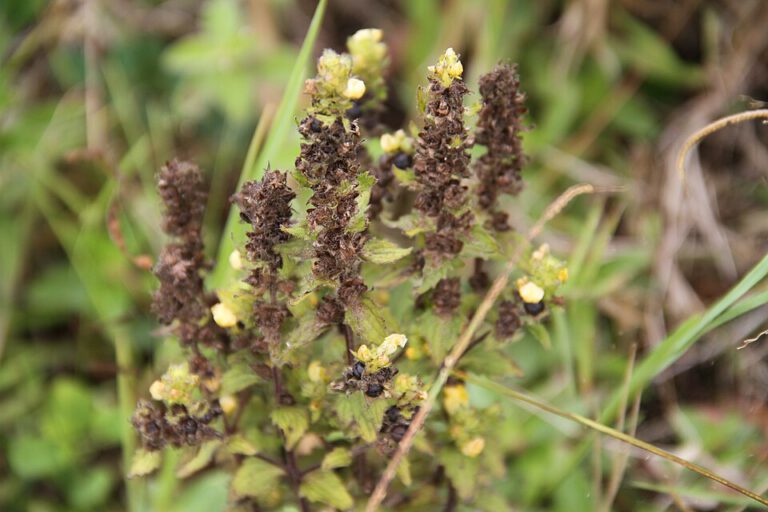Alectra: A Noxious Weed You Should Avoid in Your Garden
If you’ve come across the plant known as alectra (Alectra), you might be wondering whether it belongs in your garden. The short answer? Definitely not. This annual forb has earned itself a spot on the noxious weed list in the United States, and for good reason.
What Exactly is Alectra?
Alectra is a non-native annual plant that belongs to the forb category. As a forb, it’s an herbaceous plant without woody tissue above ground – think of it as a softer, more delicate plant compared to shrubs or trees. While that might sound harmless enough, don’t let its unassuming nature fool you.
Where Does Alectra Come From and Where is it Found?
This troublesome plant is not native to the United States but has managed to establish itself in Puerto Rico, where it reproduces on its own and persists in the wild without any human assistance. That’s often the first red flag when it comes to potentially problematic plants – when they can spread and thrive without any help from us.
Why You Should Steer Clear of Alectra
Here’s where things get serious: Alectra has been officially classified as a noxious weed in the United States. This designation isn’t handed out lightly – it means this plant poses a genuine threat to agriculture, natural ecosystems, or human health. Noxious weeds can:
- Outcompete native plants for resources
- Disrupt local ecosystems
- Potentially harm wildlife habitat
- Cause economic damage to agricultural areas
Better Alternatives for Your Garden
Instead of risking the introduction of this noxious species, why not choose native plants that will actually benefit your local ecosystem? Native plants provide food and habitat for local wildlife, require less water and maintenance once established, and help preserve the natural character of your region.
Consider researching native forbs and wildflowers that are appropriate for your specific location. Your local native plant society, agricultural extension office, or master gardener program can provide excellent recommendations for beautiful, beneficial alternatives that will thrive in your area.
If You Encounter Alectra
If you suspect you’ve found alectra growing on your property or in your area, don’t attempt to manage it yourself. Contact your local agricultural extension office or department of natural resources for guidance on proper identification and removal. They’ll have the expertise to confirm the identification and recommend appropriate management strategies.
The Bottom Line
While the gardening world offers countless wonderful plants to explore and grow, alectra simply isn’t one of them. Its status as a noxious weed means it’s best left out of gardens entirely. Instead, embrace the beauty and benefits of native plants that will support your local ecosystem while creating a stunning, sustainable landscape.
Remember: the best gardens work with nature, not against it. Choosing native plants over potentially harmful non-natives is one of the most impactful decisions you can make as a gardener.




